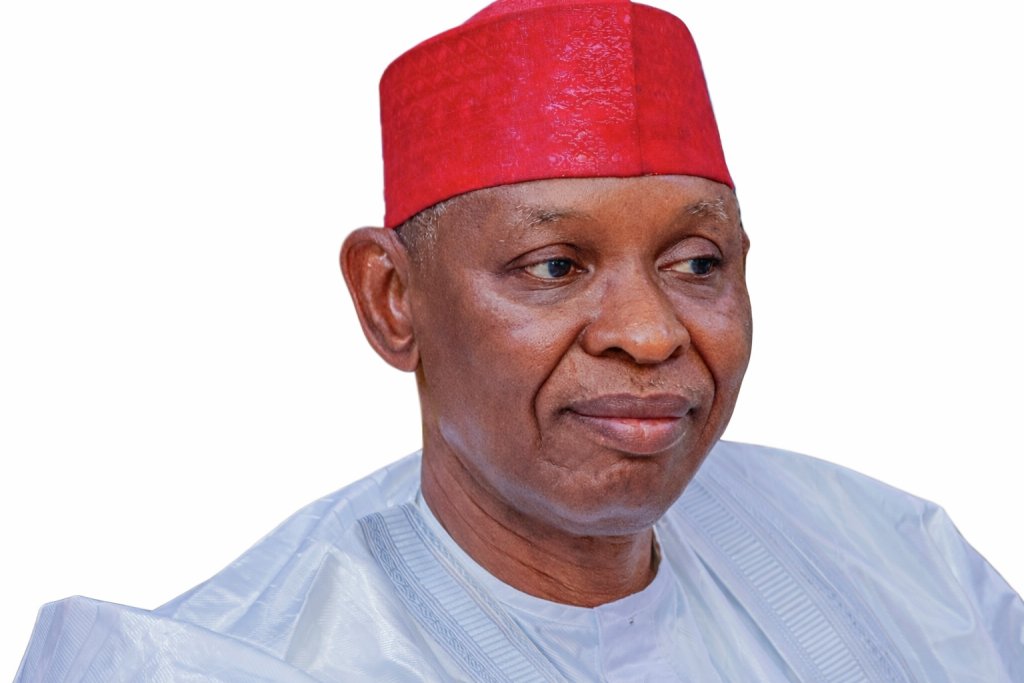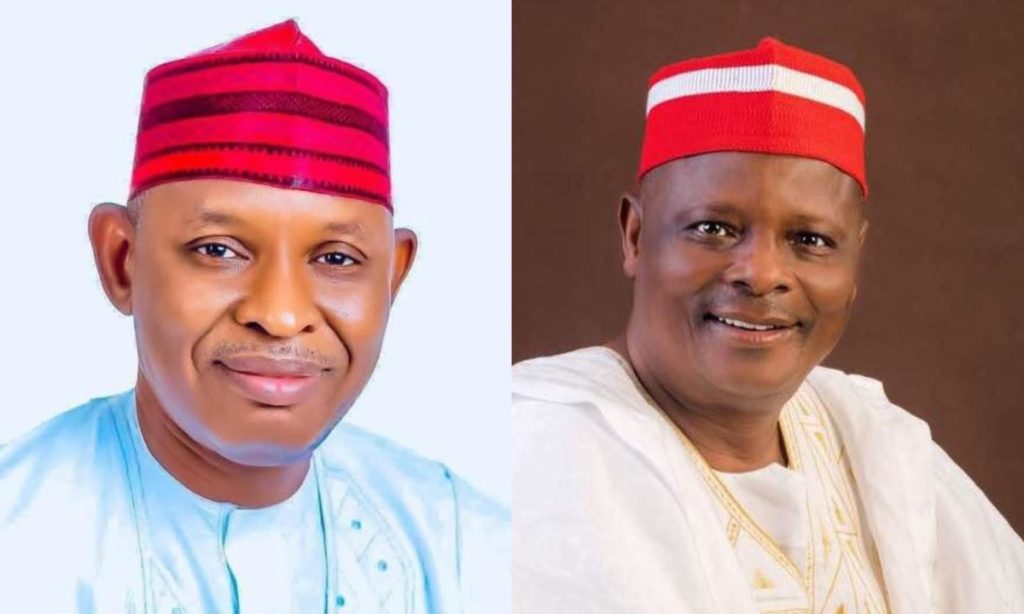Georgia’s ruling party has affirmed its commitment to upholding a recently enacted anti-LGBTQ law, even if it delays the nation’s long-standing aspirations to join the European Union. The EU has issued warnings that the legislation, which restricts same-sex relations and related expressions, could jeopardize Georgia’s path toward membership.
The law, passed by the Georgian parliament in September, bars state recognition of same-sex marriages, prohibits adoption by same-sex couples, and restricts gender transition treatments. It also forbids the promotion of LGBTQ content in media and education, along with LGBTQ-focused demonstrations. Speaking at a press briefing, Georgian Dream party’s executive secretary Mamuka Mdinaradze emphasized that, despite potential delays in EU integration, Georgia would “never repeal the law against LGBTQ propaganda,” underscoring the party’s resistance to what it calls “so-called [EU] values.”
This stance has heightened tensions between Georgia and Western powers, especially after last Saturday’s election, where the Georgian Dream party secured 54% of the vote. The opposition, supported by President Salome Zourabichvili, has refused to recognize the results, alleging electoral interference by Russia without evidence. European Council President Charles Michel urged Georgia to show commitment to its EU path, while the European Commission cited election irregularities.
In Washington, State Department spokesman Matthew Miller warned of possible consequences for Georgia should it maintain what he described as “anti-democratic legislation.” A separate law passed in May, requiring organizations funded more than 20% by foreign entities to register as “foreign agents,” has also sparked criticism from Western leaders. Meanwhile, Kremlin spokesman Dmitry Peskov accused the West of “unprecedented interference” in Georgian affairs, alleging pressure tactics aimed at steering the country’s policies.
As Georgia’s government maintains its course, its relationship with the West faces increased scrutiny, leaving the country’s EU ambitions in a precarious position.



